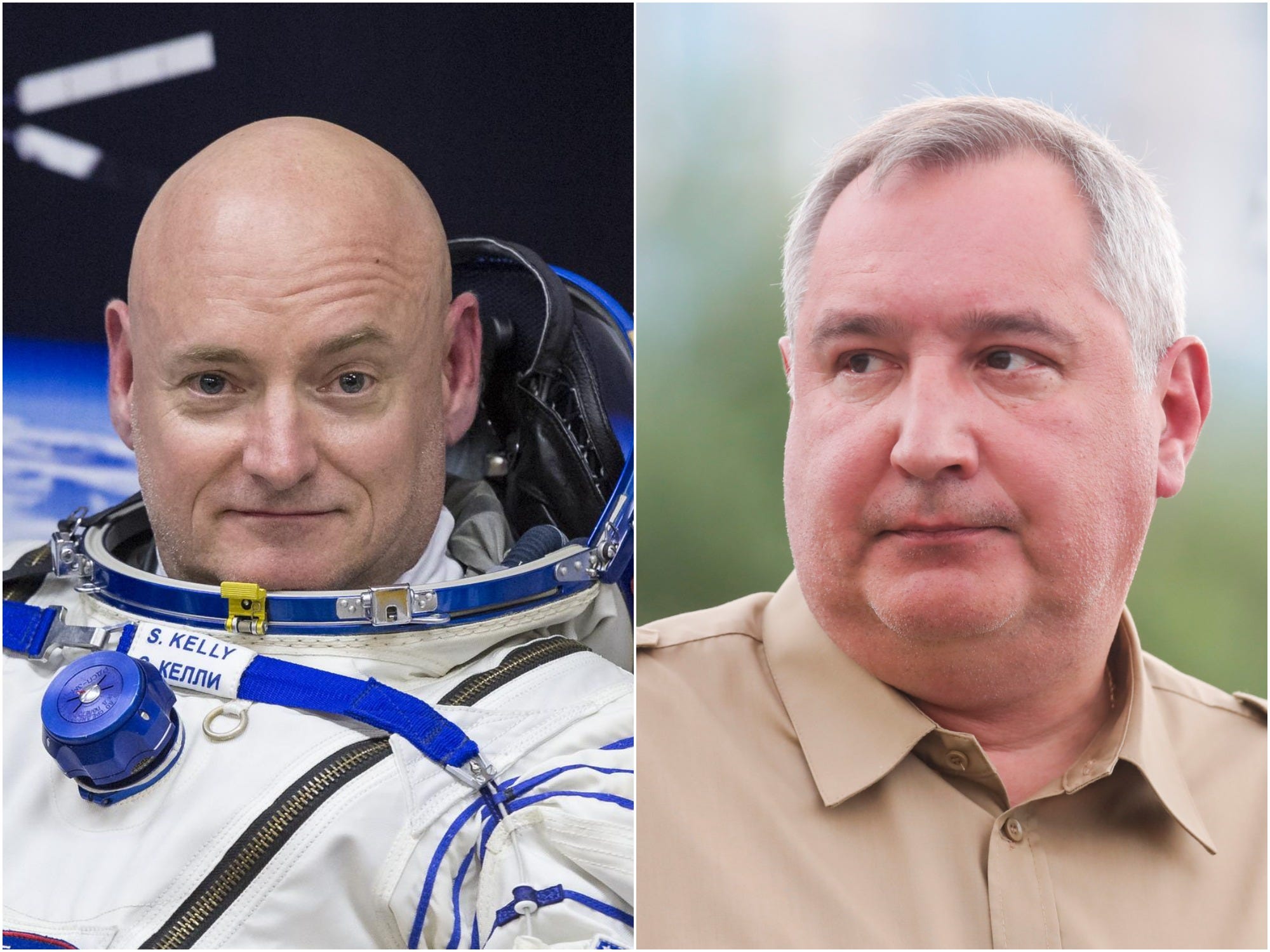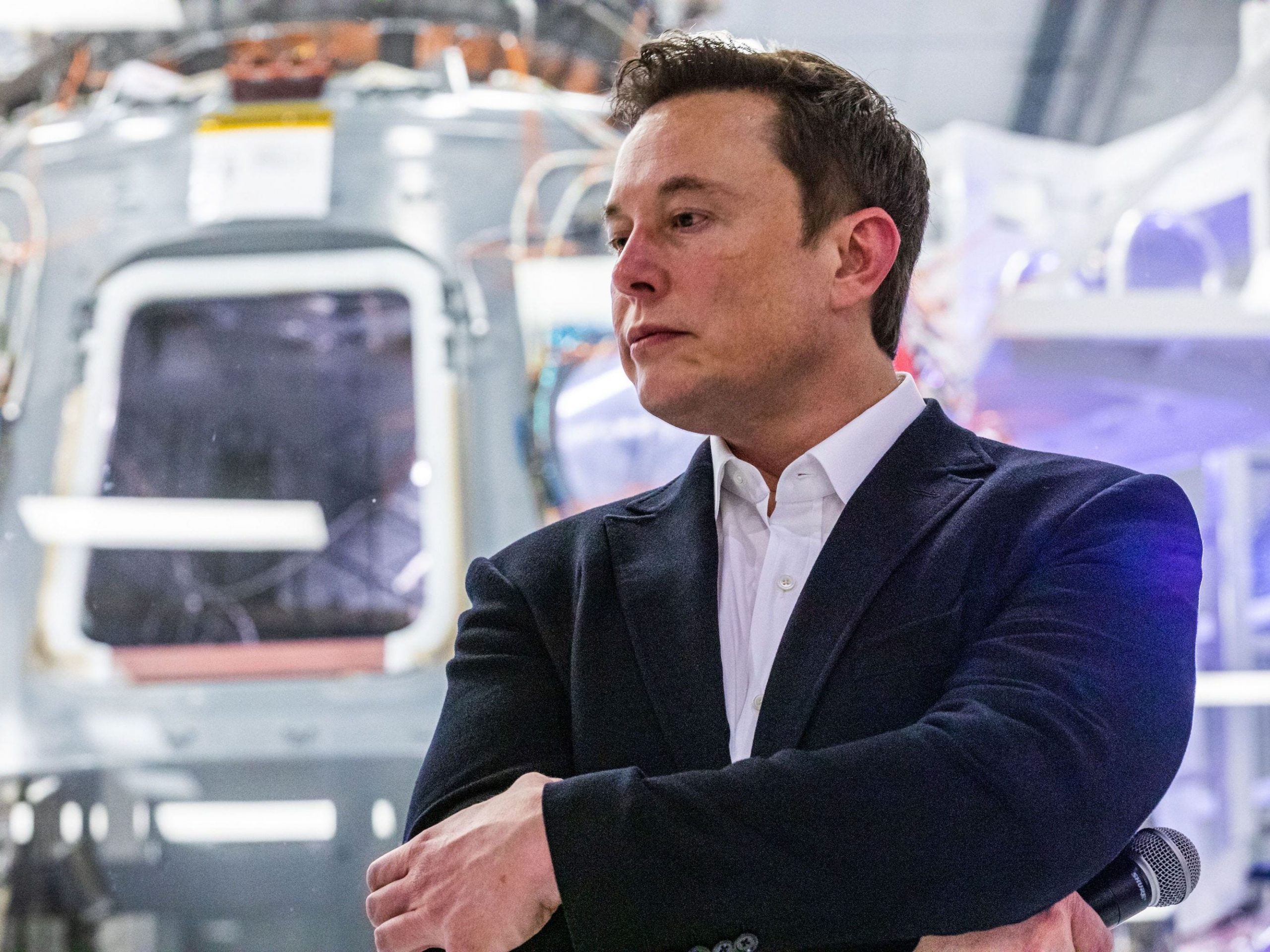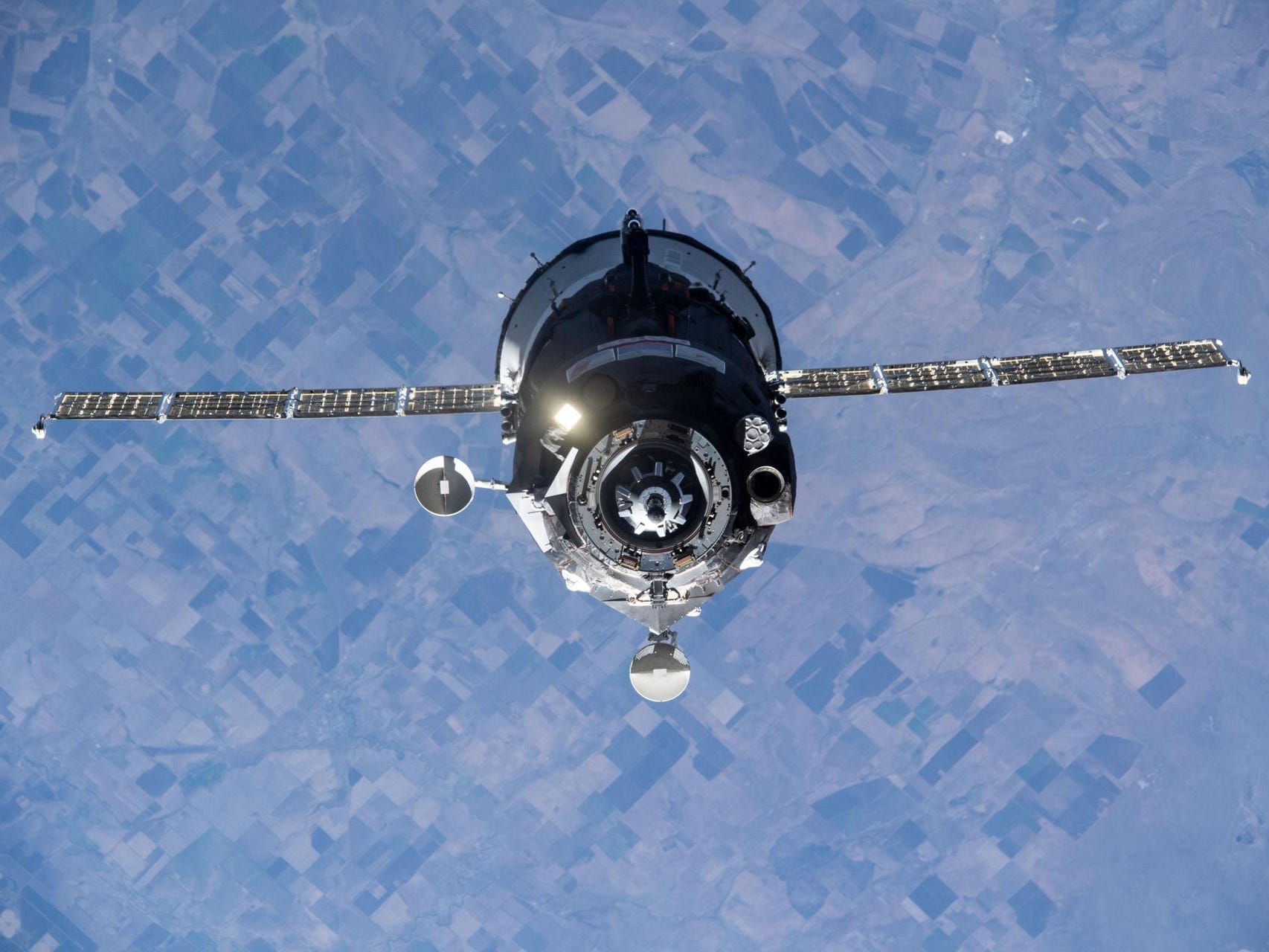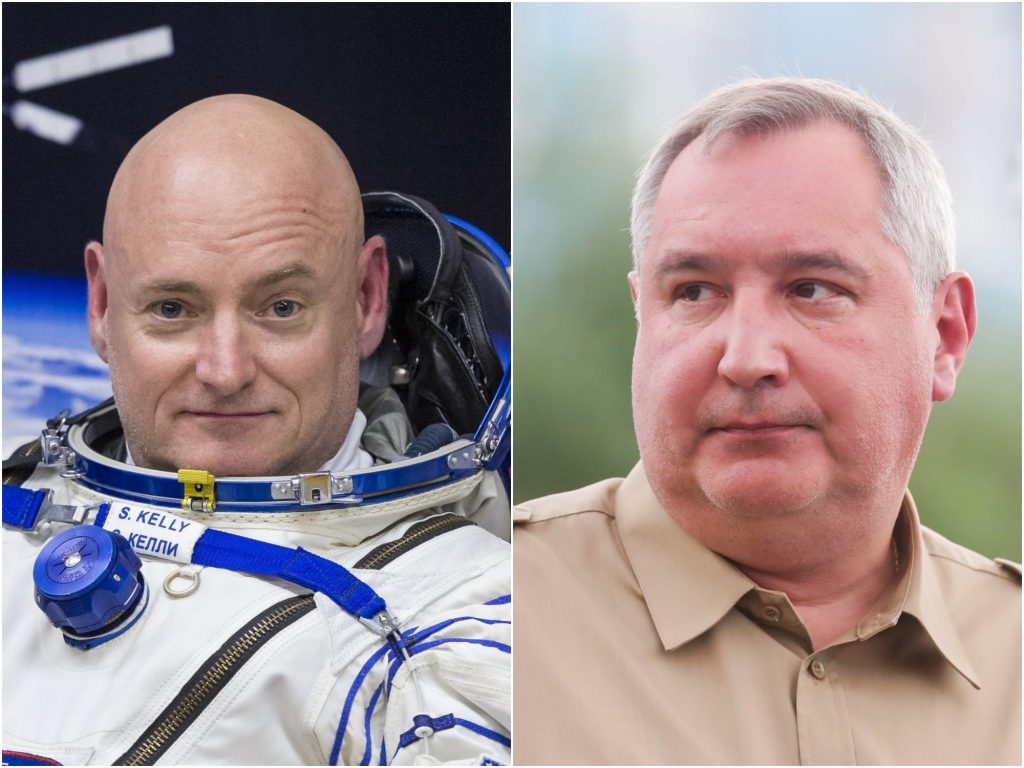
- Former NASA astronaut Scott Kelly got into a Twitter spat with Russia's top space official, Dmitry Rogozin.
- Kelly suggested Rogozin find a job at McDonald's, and Rogozin invited Kelly to get a brain exam.
- These online insults are just one example of crumbling space relations between Russia and the US.
Former NASA astronaut Scott Kelly has gotten himself into a Twitter spat with Dmitry Rogozin, the head of Russia's space agency Roscosmos.
Kelly holds the record for longest US spaceflight after spending nearly a full year on the International Space Station (ISS) in 2015 and 2016. Now he's retired, and he's using his public platform to criticize Russia's invasion of Ukraine, publishing tweets in Russian about the war daily since February 27. He's also changed his profile picture to an image of a yellow-and-blue fist, the colors of Ukraine's flag.
On Sunday, he tweeted directly to Rogozin, who had shared a video of workers pasting over US and Japanese flags on a Russian rocket.
"If it weren't for these flags and foreign currency that they bring, your space program would not be worth one single egg," Kelly wrote in Russian. "Maybe you could find yourself a job working at McDonalds if McDonalds still exists in Russia."
Another former NASA astronaut, Garrett Reisman, also weighed in in Russian to say that Rogozin "has always been a fool."
The following day, Kelly shared a screenshot of a Rogozin tweet directed at him, which read "Get off, you moron! Otherwise, the death of the #ISS will be on your conscience."
Insider was unable to confirm the validity of the screenshot, since the tweet has been deleted and does not appear in the Wayback Machine internet archive.
—Scott Kelly (@StationCDRKelly) March 7, 2022
"Dimon, why did you delete this tweet? You don't want everyone to see how you are really just a child?" Kelly wrote in Russian, calling Rogozin by a nickname for Dmitry.
Rogozin's response didn't address the screenshot.
"Mr Scott Kelly! You needlessly provoke me," he wrote in English. "I will not allow you to behave like that with me. You are being defiant and destructive."
He pointed out that Kelly had used the casual Russian pronoun for "you," "ты," rather than the formal pronoun that usually indicates respect or unfamiliarity. The nickname "Dimon" also invokes a casual, and possibly demeaning, tone.
—РОГОЗИН (@Rogozin) March 7, 2022
In a follow-up tweet, Rogozin added: "Perhaps the dementia and aggression that you have developed is a consequence of the overload and stress of four flights into space. I invite you to undergo an examination at the Brain Institute of our Federal Medical and Biological Agency."
The space-celebrity spat, and other likes it, are just one manifestation of deteriorating US-Russia space relations since Russian President Vladimir Putin authorized the Ukraine invasion.
Rogozin is beefing with everyone from Elon Musk to a prominent astronomer

Rogozin has gotten into several Twitter spats with prominent US space personalities, including SpaceX CEO Elon Musk and astronomer Jonathan McDowell.
Both exchanges stemmed from Rogozin's claim that the ISS would lose orbit and begin an uncontrolled fall to Earth if Russia withdrew its spaceships.
Russian spaceships regularly fire their engines to push the ISS higher, a maneuver called a "reboost," after the station loses altitude. That's part of normal operations. However, NASA currently has a Northrop Grumman Cygnus spacecraft on the ISS that is set to perform a routine orbital reboost for the first time.
It's not clear when the maneuver will happen, but if it succeeds NASA may have the capability to reboost the station without Russia's help.
US-Russia space relations are crumbling

In a statement on February 24, US President Joe Biden said that sanctions would "degrade" Russia's space program. Then Russia announced it would stop selling rocket parts to the US.
Both Roscosmos and NASA have stated that operations on the International Space Station (ISS) are continuing as normal. Four NASA astronauts, two Russian cosmonauts, and one European astronaut are currently living on the station.
"Anything that caused the relationship to fall apart is mainly symbolic. We weren't going to work together in the future anyway," John Logsdon, the founder of George Washington University's Space Policy Institute and a former member of the NASA Advisory Council, told Insider the day after the invasion began.
Russia has partnered with China for its plans to advance astronaut exploration beyond low-Earth orbit and to the moon, including plans to build a lunar space station together. A congressional mandate prohibits NASA from collaborating with China.
Russia's contract commitment on the ISS ends after 2024, and Russian officials have previously suggested that Roscosmos might back out to build its own space station.
"The hope was that cooperation, bringing Russia into the space station, would have a lasting positive impact on overall US-Russia relations," Logsdon said, adding, "It obviously did not have that impact."
Translations by Nikita Ilyich Angarski.

